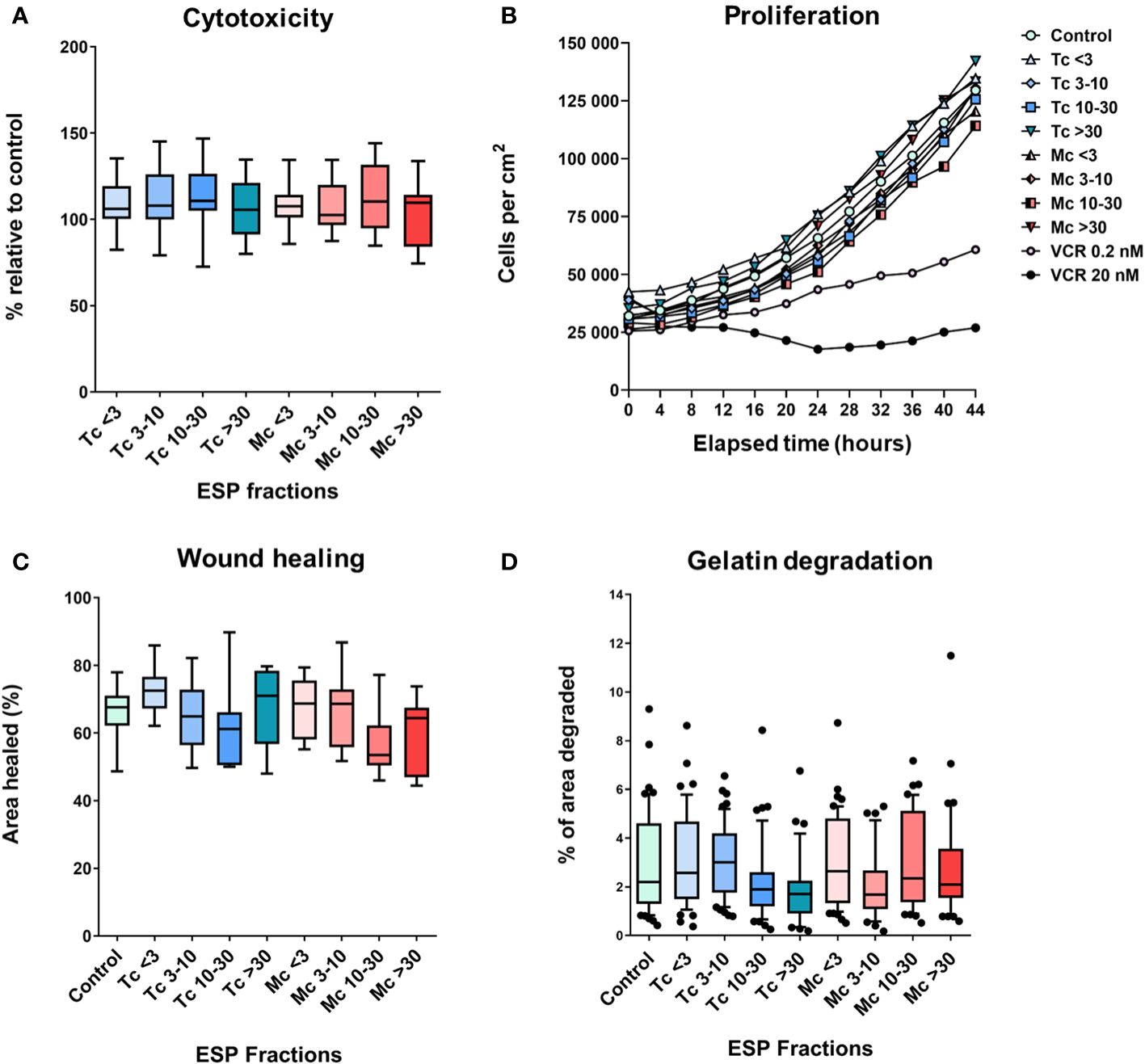Customer Publication

Suppression of the growth and metastasis of mouse melanoma by Taenia crassiceps and Mesocestoides corti tapeworms Authors
Journal: Frontiers in Immunology (2024)
Institution: Department of Parasitology, Faculty of Science, Charles University, Prague, Prague, Czechia
Research Areas: Cancer Research
Cell Lines: B16F10 (mouse melanoma cells)
Summary: The authors explore the tumor-suppressing effects of the tapeworms Taenia crassiceps and Mesocestoides corti on B16F10 melanoma. The researchers infected two strains of mice with these tapeworms and observed varying degrees of effectiveness. In the case of M. corti-infected ICR mice, a strong suppression of tumor growth occurred, accompanied by a significant reduction in the formation of distant metastases in the liver and lung. Similarly, tapeworm-infected C57BL/6J mice also showed a suppression of tumor growth, and the overall survival of these mice was significantly improved.The authors conducted several experiments to understand the underlying mechanisms, including potential cross-reaction of melanoma and tapeworm antigens with respective specific antibodies, restimulation of spleen T cells, and the direct effect of tapeworm excretory-secretory products on melanoma cells in vitro. However, these experiments could not explain the observed phenomenon. The authors found that infections with T. crassiceps and M. corti increased the number of leukocytes possibly involved in anti-tumor immunity in the peritoneal cavity of both ICR and C57BL/6J mice.This study unveils the complex interplay between tapeworm infections, immune responses, and melanoma progression, emphasizing the need for further exploration of the mechanisms driving observed tumor-suppressive effects. The HoloMonitor was used to study the cell proliferation effect of tapeworm ESP on B16F10 melanoma cells.